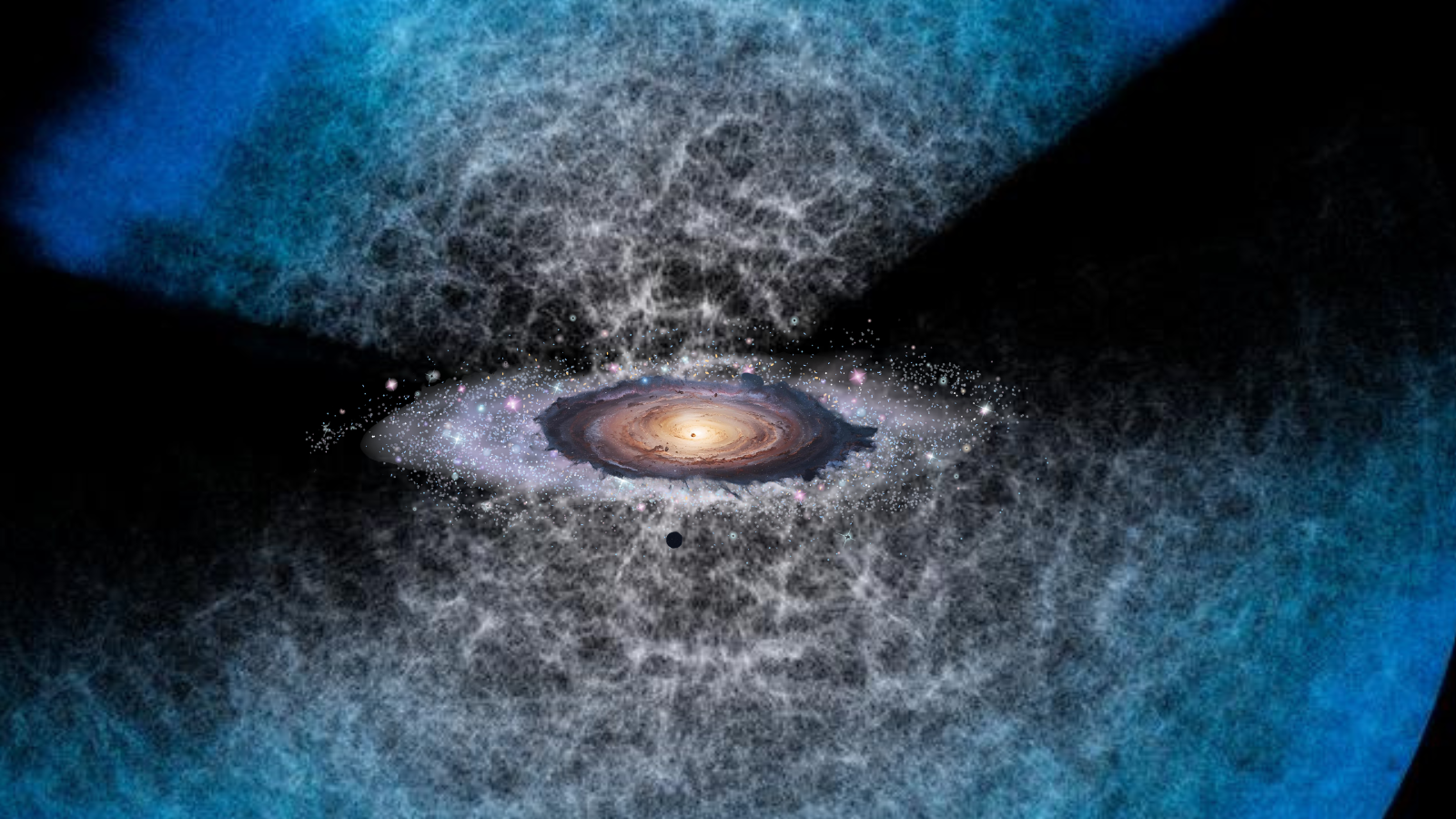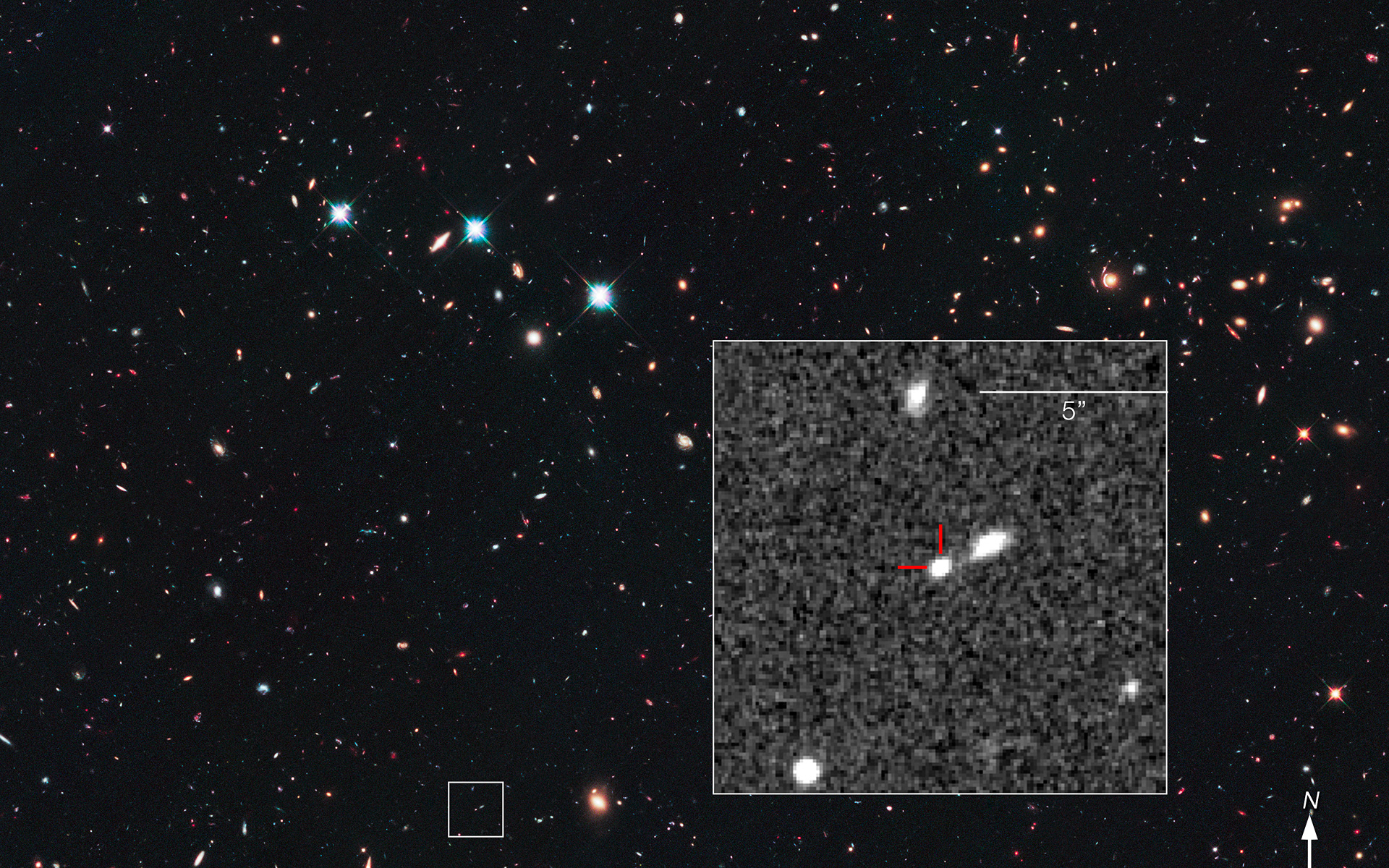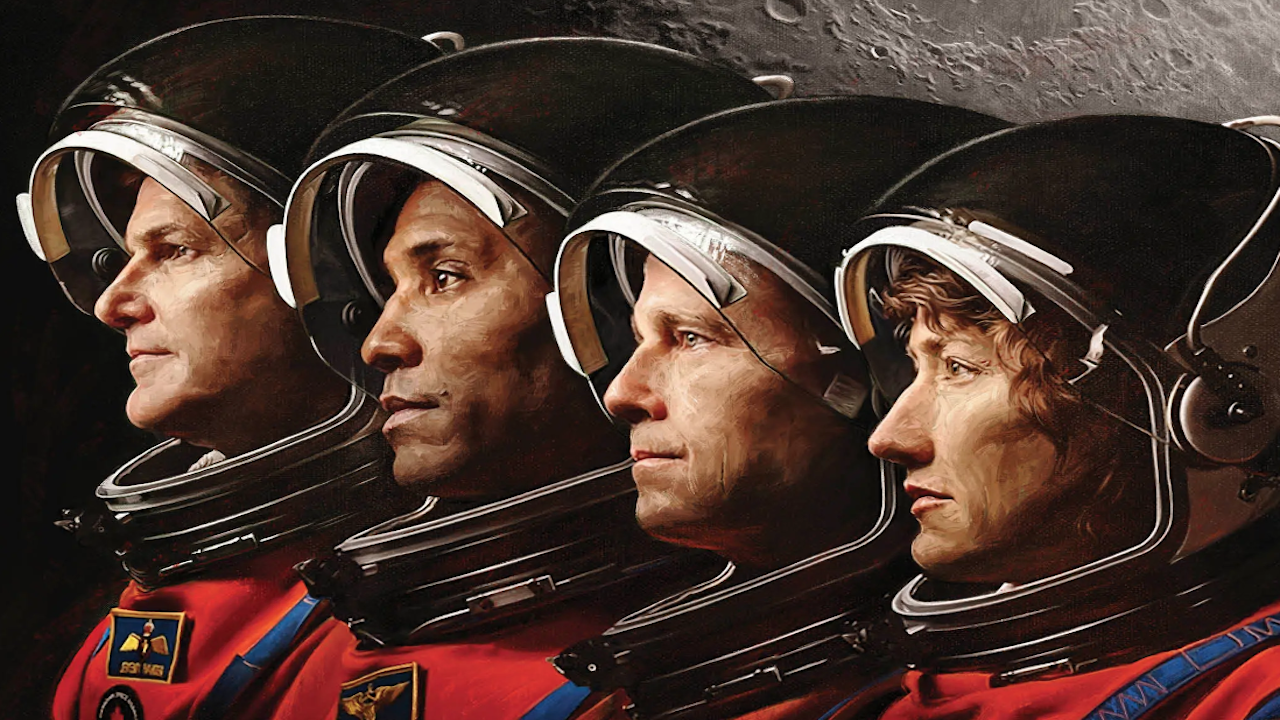The expansion of our universe may be slowing down. What does that mean for dark energy?
"If these results are confirmed, it would mark a major paradigm shift in cosmology since the discovery of dark energy 27 years ago."

As if dark energy weren't already mysterious and baffling enough, new research suggests that this unknown force may not be driving galaxies apart at an accelerating rate anymore.
This remarkable result comes from research that suggests that the expansion of the universe has already begun to slow, contrary to the currently favored belief that dark energy is still accelerating the expansion of the cosmos. The discovery also follows results from the Dark Energy Spectroscopic Instrument (DESI) that last year indicated that dark energy is weakening.
This research could not only revolutionize our understanding of the universe as it is today, but also offer clues about how our cosmos will end. If dark energy has already lost the battle against gravity, the next step after slowing cosmic expansion could be the contraction of space, and that could suggest the universe will end in a "Big Crunch" scenario akin to the Big Bang playing in reverse.
The researchers behind this discovery are already hailing it as a possible paradigm shift in how we think about the very nature of the universe. "Our study shows that the universe has already entered a phase of decelerated expansion at the present epoch and that dark energy evolves with time much more rapidly than previously thought," Young-Wook Lee, team leader and researcher at Yonsei University in South Korea, said in a statement. "If these results are confirmed, it would mark a major paradigm shift in cosmology since the discovery of dark energy 27 years ago."
Dark energy evolves
The existence of dark energy was first suggested in 1998 when two separate teams of astronomers observed distant Type Ia supernovas, also referred to as "standard candles" due to the fact that their uniform light output can be used to measure cosmic distances. This revealed that the further away a galaxy was, the faster it was receding away. This indicated to the two teams, who received the 2011 Nobel Prize in Physics for the discovery, that the speed at which the universe expands is increasing. Dark energy was introduced as a placeholder force to explain this accelerating expansion.
Over the following three decades, while scientists have been unable to conclusively determine what dark energy is, they have found that this force is dominant, accounting for approximately 68% of the universe's total energy-matter budget. Researchers also discovered that dark energy had not always been dominant, appearing to begin its rule and start speeding up the expansion of the universe around 5 billion years ago, or roughly 9 billion years after the Big Bang.
The first indication that dark energy may not be as dominant as previously thought emerged courtesy of the first results from DESI in Spring 2024. This new chink in the armor of dark energy resulted from Lee and colleagues from Yonsei University discovering that Type Ia supernova may not be quite so standard after all. That is because their brightness may be strongly affected by the age of the progenitor stars of these explosive events. In fact, this team found that even after the light from Type Ia supernovas was standardized, Type Ia supernovas from populations of younger stars were fainter than those belonging to older stellar populations.
Breaking space news, the latest updates on rocket launches, skywatching events and more!

Using a sample of 300 galaxies, the research suggested a significance of 99.99% that the dimming of distant Type Ia supernovas can arise not just from cosmological effects like the expansion of space, but also from stellar effects. Correcting for bias, the team found that their results rule out the currently favored model of cosmic evolution, the standard model of cosmology, or the Lambda Cold Dark Matter (LCDM) model, and its recipe of dark energy.
However, the major result emerging from this research is the implication that the universe is not expanding at an accelerating rate, but has already transitioned into a state of decelerating expansion. That goes even further than DESI's hints at weakening dark energy.
"In the DESI project, the key results were obtained by combining uncorrected supernova data with baryonic acoustic oscillations measurements, leading to the conclusion that while the universe will decelerate in the future, it is still accelerating at present," Lee explained. "By contrast, our analysis — which applies the age-bias correction — shows that the universe has already entered a decelerating phase today."
The next step for the team will be to confirm these results by conducting an "evolution-free test" utilizing only young Type Ia supernovas from young galaxies at a range of distances. The Vera C. Rubin Observatory, which has just begun observing the cosmos with the world's largest digital camera from its position atop Cerro Pachón in Chile, is poised to play a major role in this investigation.
"Within the next five years, with the Vera C. Rubin Observatory discovering more than 20,000 new supernova host galaxies, precise age measurements will allow for a far more robust and definitive test of supernova cosmology," Chul Chung, team member and Yonsei University researcher, said.
The team's research was published on Wednesday (Nov. 5) in the journal Monthly Notices of the Royal Astronomical Society.

Robert Lea is a science journalist in the U.K. whose articles have been published in Physics World, New Scientist, Astronomy Magazine, All About Space, Newsweek and ZME Science. He also writes about science communication for Elsevier and the European Journal of Physics. Rob holds a bachelor of science degree in physics and astronomy from the U.K.’s Open University. Follow him on Twitter @sciencef1rst.
You must confirm your public display name before commenting
Please logout and then login again, you will then be prompted to enter your display name.
